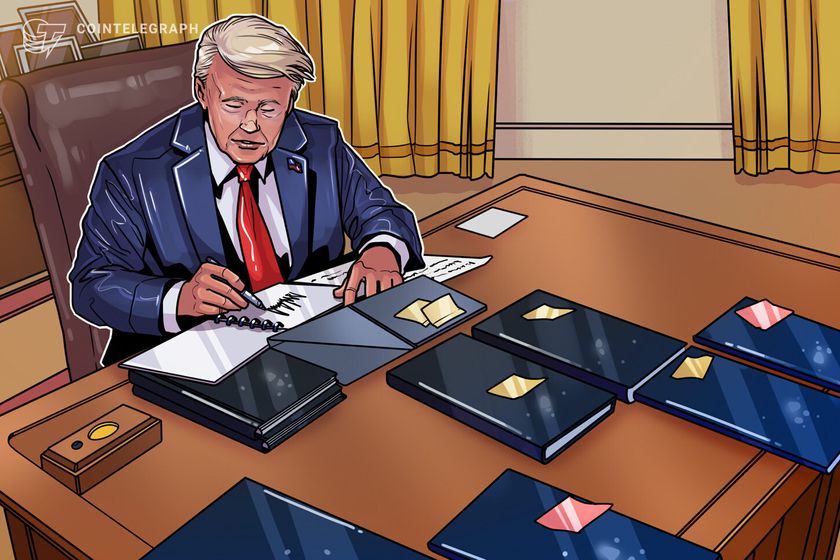

Two strategic digital asset reserve bills in Arizona cleared Arizona’s House Rules Committee on March 24 and are now headed to the House floor for a full vote.
The bills together, if passed into law, would clear the way for Arizona to establish strategic digital assets reserves composed of existing assets confiscated through criminal proceedings in addition to newly invested public funds.
The Republicans hold a 33-27 majority in Arizona’s House of Representatives, giving both bills a decent chance of passing.
Source: Bitcoin Laws
However, according to Bitcoin Laws, the final hurdle could be the state’s Democratic governor, Katie Hobbs. Hobbs has a history of vetoing bills before the House, having blocked 22% of bills in 2024 — the highest rate of any state governor.
Arizona’s two crypto bills explained
The two bills recently approved by Arizona’s House Rules Committee are the Strategic Digital Assets Reserve Bill (SB 1373) and the Arizona Strategic Bitcoin Reserve Act (SB 1025).
The Strategic Digital Assets Reserve Bill (SB 1373) focuses on establishing a strategic digital assets reserve made up of digital assets seized through criminal proceedings to be managed by the state’s treasurer.
The treasurer would be limited to investing no more than 10% of the fund’s total value each fiscal year. However, they would also be able to loan the fund’s assets in order to increase returns, provided that doing so doesn’t increase financial risks.
The Arizona Strategic Bitcoin Reserve Act (SB 1025) specifically deals with Bitcoin (BTC). The bill proposes allowing Arizona’s Treasury and state retirement system to invest up to 10% of its available funds into Bitcoin.
Additionally, SB 1025 would also allow for the state’s Bitcoin reserve to be stored in a secure, segregated account inside a federal Bitcoin reserve, should one be established.
Related: US states lead in strategic Bitcoin reserve creation — Will Trump deliver on his BTC promise?
While Arizona is now considered to be leading the race to establish a state-based digital asset reserve, several other states are hot on its heels.
On March 6, the Texas Senate passed the Strategic Bitcoin Reserve Bill (SB-21) by a vote of 25-5. The Texan bill still needs to pass the House and get the governor’s signature to pass into law. Following this vote, a new bill was introduced by Democrat Representative Ron Reynolds to cap the size of the previously uncapped reserve to $250 million.
Utah also recently passed Bitcoin legislation, but all references to the establishment of a strategic reserve were removed at the last moment.
Meanwhile, the Oklahoma House passed its Bitcoin Reserve Bill HB1203, 77-15 on March 25. That bill will now head to the state’s senate.
Magazine: SEC’s U-turn on crypto leaves key questions unanswered



